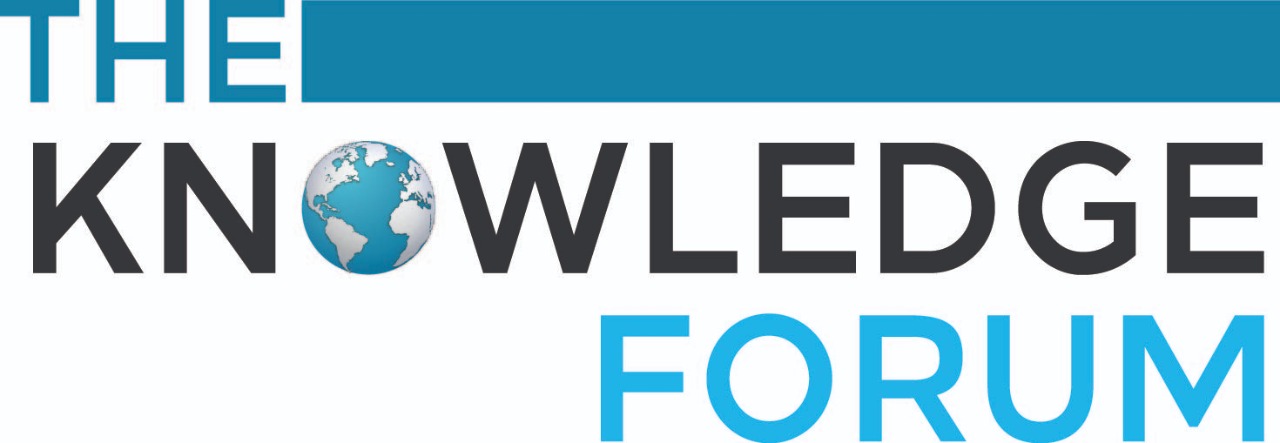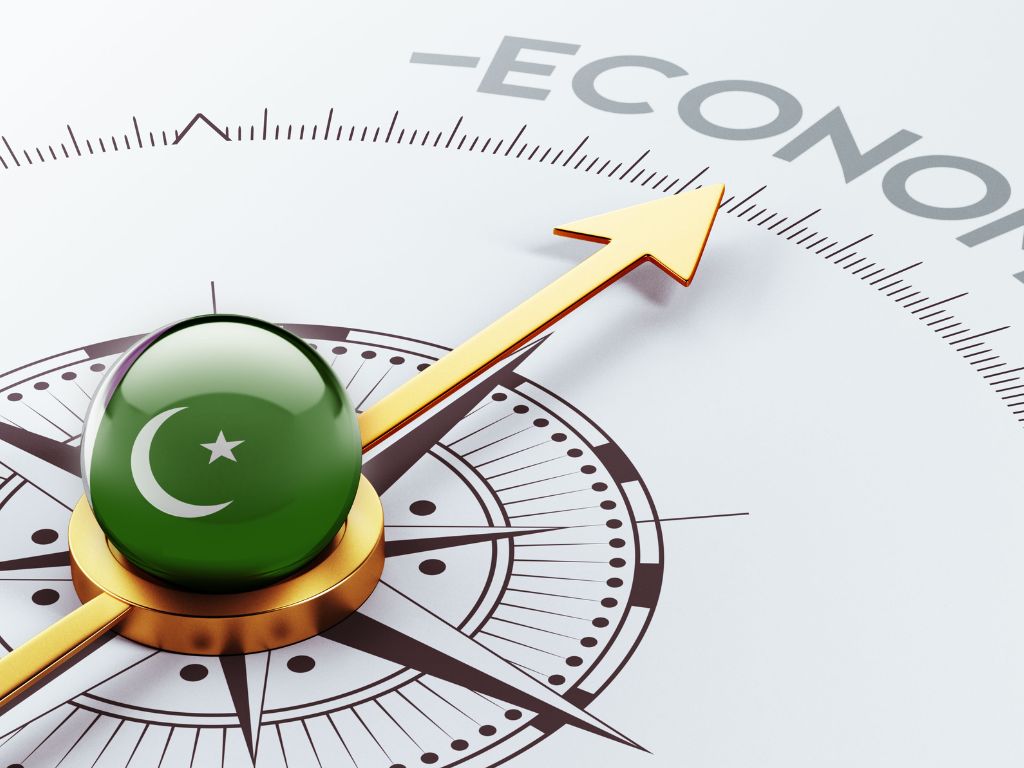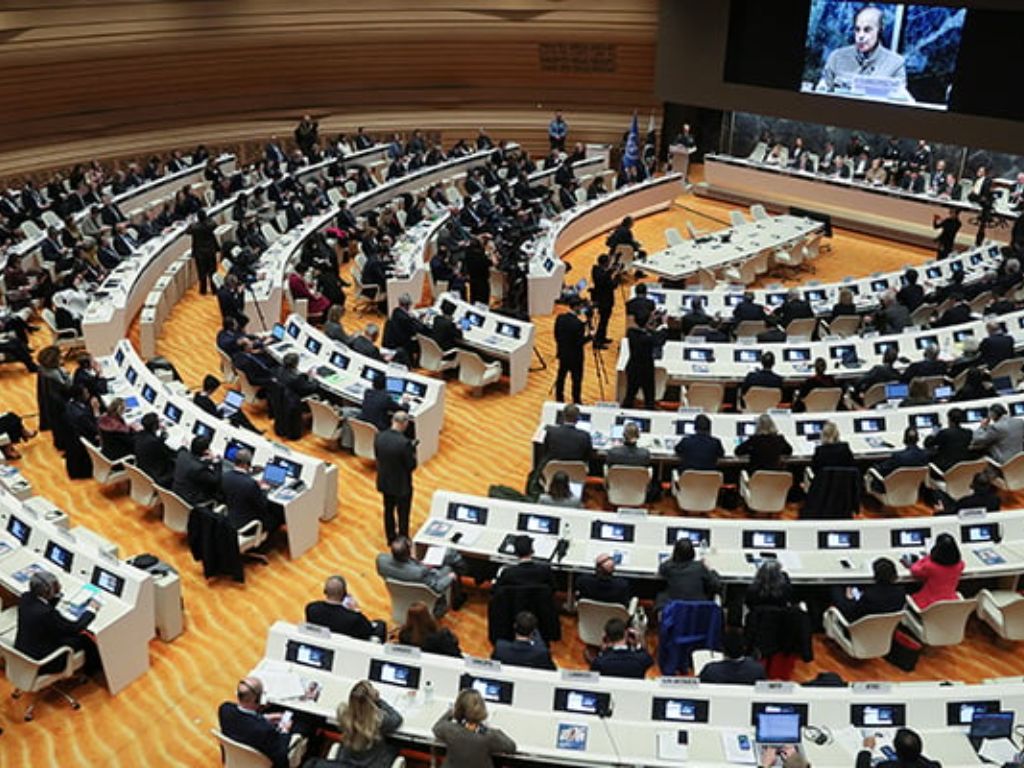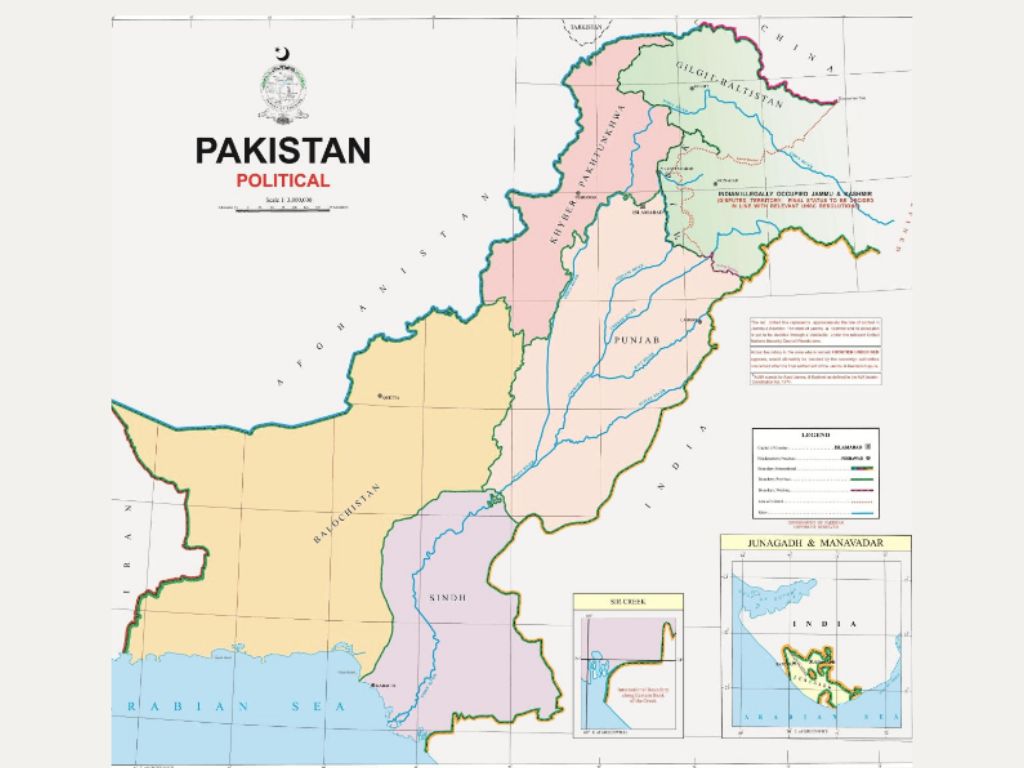Pakistan Bulletin
Up-to-date and informed analyses of key issues of Pakistan.
Pakistan’s Political Crisis
July, 2023




The article analyses why Pakistan’s power elites do not focus on urgent issues the country is faced with, and allow participatory politics in the country. One of the crucial factors is the civil-military relations. Bureaucracy was overpowered by the military in the early decades and it continues to dominate politics of the country. Both sides have been involved in self-serving battles that appear to be in a decisive phase with far reaching implications for domestic and regional security.
The April 11, 2022 midnight no-confidence vote in the Parliament that ousted Former Prime Minister Imran Khan’s Pakistan Tehreek-i-Insaf (PTI) Government slipped the country into an ongoing spiral of crisis. The climax came on May 9, 2023, when Imran khan was arrested. In a subsequent series of protests by his supporters, extensive damage was done to government and military facilities including the Jinnah House, the official residence of the Lahore Corps Commander. In a consequent move, the PTI faced harsh crackdown and many of its members were forced to leave the party. Now a trial in the military courts is underway of those involved in ransacking public property on May 9. In the middle of this political chaos, the current government – a coalition of several mainstream political parties – has finally started dropping hints about organising the elections in November 2023.
Continued political instability, economic woes, resurgence of terrorism, inability of civil institutions to deliver, regional politics and global realignments all indicate towards a troubled time ahead for Pakistan. There seems to be no inclination among the power elites to allow participatory politics in the country. Several factors may help grasp this situation, but the most relevant is to explain it in the context of civil-military relations. Both sides are involved in self-serving battles that appear to be in a decisive phase with far reaching implications for domestic and regional security. A brief background is required to explain what has brought this moment.
Military establishment has been an important power broker in the country with an excessive and undesired interference in political processes. Frequent interventions and political engineering have damaged the credibility of the electoral process in Pakistan.
In 1947, Pakistan was created with conspicuous structural limitations, both external and internal, which resulted in an overwhelming over-growth of military at the cost of civilian institutions. After the assassination of the country’s first Prime Minister Liaquat Ali Khan, a squabbling for political benefits started between the Governor General and the constituent assembly. Constitution making was delayed for nine long years and power to run the state was rested in a strong executive backed by an omnipotent civil and military bureaucracy, and aided by a subservient judiciary. The executive not only subdued the judiciary but it marginalised people-oriented political class while empowering the landed elites. In 1958, the civilian bureaucracy was overpowered by the military establishment and since then, it has been an important power broker in the country with an excessive and undesired interference in political processes.
The establishment’s continued interference in political processes turned the necessary yet incipient political institutions, especially the political parties, into an object of ridicule. Through establishing an unholy alliance with the powers that be, political leadership across the spectrum, and particularly the landed elites, supported unconstitutional sources of power for self-interests. Even then, the establishment has not been able to tolerate the prospect of a mass-mandated and democratically elected government in the centre. All elected leadership from 1988 to 2008 was dismissed by way of direct and indirect use of power by the military.
The 1990s politics taught many bitter lessons to the two mainstream political parties of the country, Pakistan People’s Party (PPP) and Pakistan Muslim League-Nawaz (PML-N) which by then were enjoying considerable support among the public. At the same time, their ascendency to power during that period was, one way or the other, a result of compromise and bargain with the establishment. After being sidelined following the 1999 takeover of the military, the two parties decided to fight for their space in decision making, and also to strengthen the democratic process by supporting one another. This resulted in the signing of the Charter of Democracy on 14 May 2006.
Despite the political chaos of 2007-08 leading to the killing of the former Prime Minister Benazir Bhutto and the ouster of the military President General Perez Musharraf, there were signs of democratic stability. For the first time in Pakistan’s history, the parliament completed its two terms, first commencing in 2008 led by the PPP, and the second in 2013 led by PML-N. Paradoxes existed and resulted in the removal of prime ministers. Yet, several constitutional developments were seen to strengthen democracy and decentralisation of power. The most notable is the eighteenth amendment to the Constitution in 2010. This distressed the establishment and they decided to support what has been described as “the third option” in popular narrative, to sustain their supremacy. It is in this context that Imran Khan was brought to the power.
However, it proved a fatal failure. Not only PTI’s government failed to deliver on governance and launch an economic recovery plan, it in fact entered into a confrontation with the establishment. Disagreements between the PTI government and the military establishment came out first on the appointment of the country’s intelligence agency’s chief, and later the Chief of Army Staff. Bargains thus began to oust the Imran Khan government and became a success in April 2022. Ironically, the PPP and PML (N) again became partner to the military establishments in this whole process.
The only solution appears to be respect for the Constitution, fresh civilian mandate and exercise of power by all institutions in accordance with their prescribed boundaries.
Given the consistent patterns of a musical chair of power between the mainstream political parties, it is not difficult to predict that next elections will bring back the old arrangements and tendencies. Despite all the harsh measures, Former Prime Minister Imran Khan’s PTI, at this time, appears to enjoy the popular support but it is unlikely to form the next government. There has been a drive by the establishment to split the party. Most of the leadership of PTI has resigned from the party and joined a breakaway faction supported by the establishment. If the PTI does not accept the election results and decides to follow the protest path, the country would be stuck in the same state of instability and uncertainty. Given the nature of Pakistan’s politics, it is not bewildering but worrisome for many reasons.
First and foremost, the economy of the country is in a state of crisis and the current political impasse has only compounded the problem. Second, there is a very precarious regional security environment that requires political stability; and a strong and unified defence. Economic woes have limited the country’s foreign policy options. Third, the social fabric of the society is dismantled as a result of Pakistan’s involvement in the first Afghan war and later the war against terrorism. Terrorists/extremists activities are on the rise and authorities seem helpless to address them. Finally, political parties and the existing leadership do not reflect the capacity to have a holistic understanding of what is happening in and around the country, let alone to talk about the ability to win the political battle in favour of civilian supremacy. In 1971, the state institutions, decision makers, and political leadership failed to find a durable power-sharing formula, leading the country to a brutal civil war and its eventual disintegration. Risk of deadlier consequences this time cannot be ignored. The only solution appears to be respect for the Constitution, fresh civilian mandate and exercise of power by all institutions in accordance with their prescribed boundaries.
Dr. Nausheen Wasi
Author
Dr. Nausheen Wasi is Assistant Professor at the Department of International Relations, University of
Karachi. She is a Ph.D Scholar.

Get the latest news and updates from our team
- YOU MIGHT ALSO LIKE




